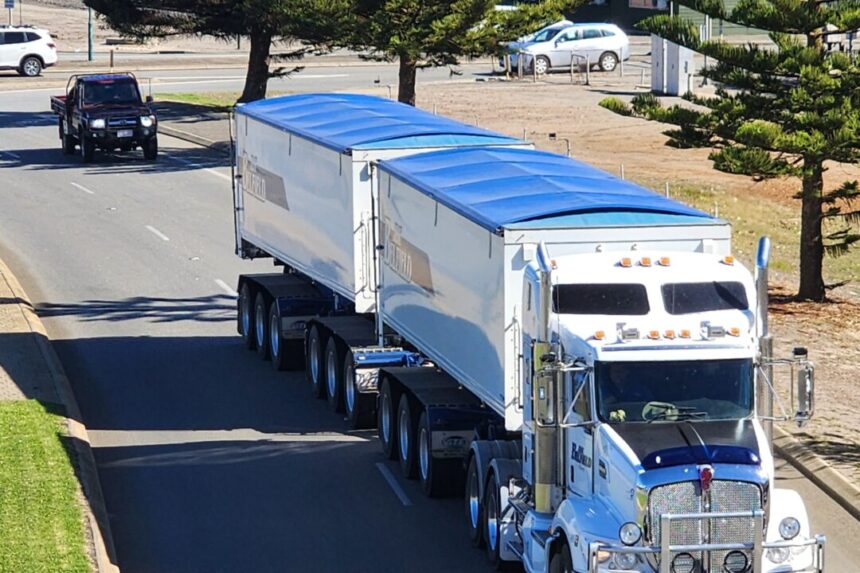The Australian federal government has allocated $36 million (US$24 million) to support the transition to electric vehicles in the transportation sector, bringing the total funding to $100 million. This initiative aims to address the 21 percent of total emissions produced by transportation in Australia, with heavy vehicle emissions accounting for 24 percent of that total.
Minister for Climate Change and Energy Chris Bowen emphasized the importance of reducing truck emissions for cleaner air and quieter streets. Working with trucking companies, the government aims to facilitate the electrification of their fleets to make heavy vehicles cleaner, quieter, more comfortable to drive, and cheaper to run.
The Australian Renewable Energy Agency (ARENA) is also involved in the effort through its Driving the Nation program, which focuses on improving charging infrastructure and fostering innovation in the electric vehicle sector.
Under this program, ARENA has allocated $28.6 million to transport companies Linfox and Toll. Linfox will receive $19.6 million to deploy 26 electric trucks across three distribution centers and establish charging infrastructure. Toll will receive $9 million for 28 electric trucks and charging infrastructure at 10 sites.
The CEOs of Linfox and Toll expressed their commitment to decarbonizing Australia’s logistics and supply chain through the adoption of electric vehicles. ARENA CEO Darren Miller highlighted the significance of assisting these companies in electrifying their heavy vehicle fleets to achieve sustainability goals and reduce carbon footprints.
The transition to electric vehicles in the heavy transport sector is crucial for reducing the environmental impact of moving goods. While progress has been made in terms of vehicle availability and infrastructure, challenges such as upfront costs, charging technology, and data availability still remain.
The new Linfox electric truck fleet will be deployed in metropolitan and regional areas over three years to evaluate the performance of heavy electric vehicles over long distances and daily operating periods. This initiative marks a significant step towards decarbonizing transport and promoting sustainability in freight.
Source link






